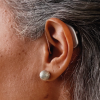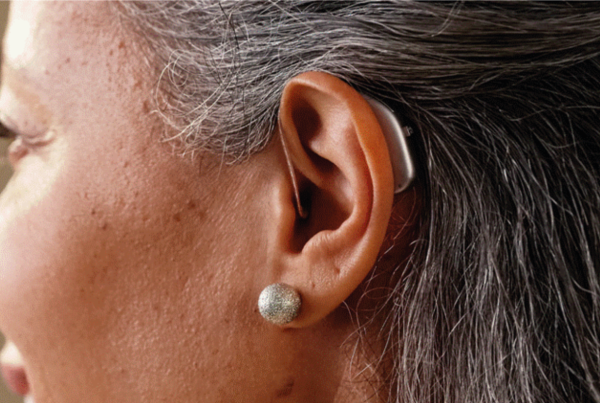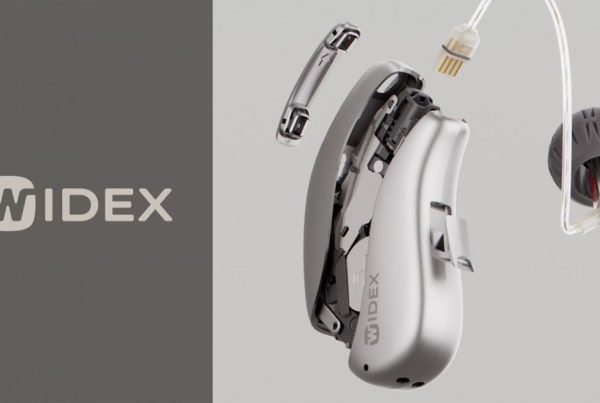Hearing loss comes in many shapes and forms, but they all have 1 thing in common: the worse it is, the more someone’s life is affected. The reason for this is that sound enters through the ears but is processed by the brain. The worse a case of hearing loss, the more the brain has to work to interpret and understand sounds in the world.
This video by Oticon does an amazing job of explaining the reasoning behind this, which we’ll expand more on below:
How can untreated hearing loss affect you?
Many forms of hearing loss are treatable, but it’s common for people to leave them untreated or not even realise there’s a problem. Here are some common ways that hearing loss presents itself and also how it can affect people:
- Difficulty conversing, especially in situations where more than 2 people are present. Hearing loss often makes it harder to make out quieter sounds, especially when you’re in a loud environment.
- Feelings of social isolation. Struggling to hear people in social situations can lead to someone withdrawing from those situations or seeming quieter.
- Hearing loss is linked to higher rates of depression. The reasons behind this are numerous and varied. Regardless of the reason, profound hearing loss can lead to depression in some cases.
- Poor balance, especially in the elderly. The ears are crucial in helping to maintain balance. Hearing loss can lead to problems with the inner ear, causing the ability to balance to worsen.
- A higher chance of being injured due to falls. People suffering from hearing loss report a higher rate of falling-related injuries. This is often associated with poor balance and lack of awareness.
- Worse memory. Hearing plays an important part in creating and storing memories. Hearing loss can make it more difficult to form new memories and recall old ones.
- Higher chance of developing Dementia and Alzheimer’s. People suffering from hearing loss are 2x more likely to develop cognitive impairment!
How can hearing loss be treated?
One of the primary ways of treating loss is through the use of hearing aids. Hearing aids enable hearing loss sufferers to improve their hearing in whatever areas they struggle with. Whether they need help understanding people in one-to-one conversations or struggle to hear things in the world around them on a day-to-day basis, hearing aids can help them when prescribed and tuned correctly.
The reason we focus on hearing aids as a solution is that in most cases they are. There are other solutions that solve the problem for some people: earwax removal, a change of medication, treating another physiological condition, etc. However, for most people, hearing aids are the best way to treat hearing loss.
Hearing aids make it easier to understand speech, especially in noisy and crowded areas. Crucially, they also reduce the effort of listening and make it easier for the brain to process sound, reducing the chance of developing mental health conditions, such as dementia, in the future. They enable people to reconnect socially and enjoy activities that previously might have seemed out of reach.
Are you concerned about hearing loss? If you are, it’s important to speak to someone. Our expert audiologists are here to help you. Book a consultation today and start your journey to better hearing.








